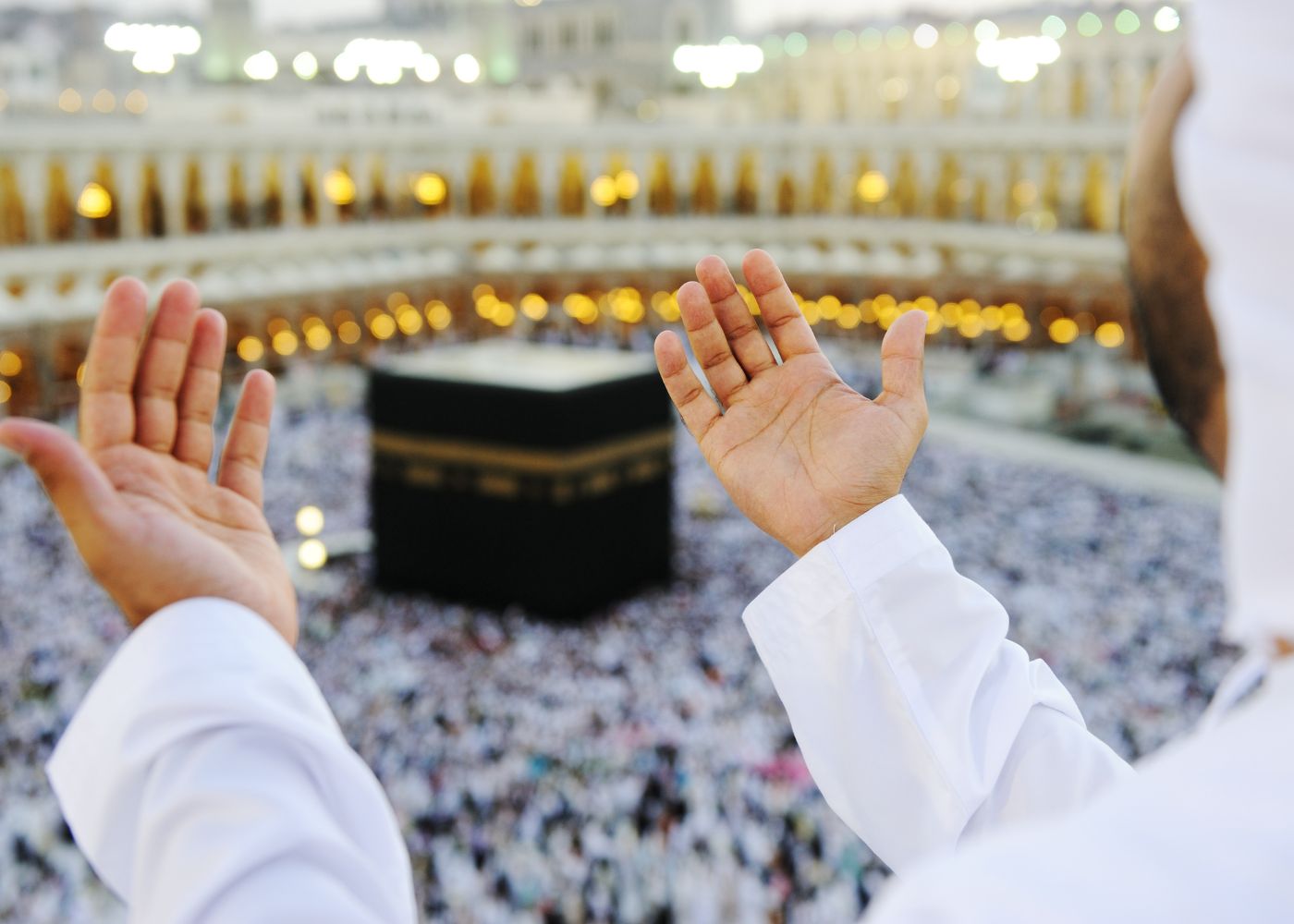
In the heart of Islam, two significant pilgrimages stand out: Hajj and Umrah. Both are journeys to the holy city of Mecca, but they differ in purpose, timing, and rituals. Understanding these differences is crucial for Muslims and anyone interested in Islamic practices. In this article, we will delve into the distinctions between Hajj and Umrah, exploring their significance, rituals, and the varying opinions of Islamic scholars.
Introduction to Hajj and Umrah
- Hajj is considered the fifth pillar of Islam, a mandatory pilgrimage for every able-bodied Muslim who can afford it. It takes place during the month of Dhul-Hijjah and involves a series of rituals designed to foster unity among Muslims worldwide.
- Umrah, often referred to as the “lesser pilgrimage,” is a voluntary act of worship that can be performed at any time of the year except during the Hajj season. It is a shorter and less intricate pilgrimage compared to Hajj but still holds significant spiritual value.
Key Differences Between Hajj and Umrah
| Feature | Hajj | Umrah |
|---|---|---|
| Nature | Mandatory | Voluntary |
| Timing | Specific period during Dhul-Hijjah | Any time of the year except Hajj season |
| Rituals | Tawaf, Sa’i, stoning of Jamarat, Wuquf at Arafat | Tawaf, Sa’i |
| Duration | Multiple days | Can be completed in a shorter period |
| Significance | Considered the fifth pillar of Islam, cleanses the soul and seeks forgiveness | Offers spiritual rewards and cleanses the soul |
Rituals of Hajj
Hajj involves several key rituals:
- Ihram: Pilgrims enter a state of consecration by wearing special white clothing and adhering to specific rules.
- Tawaf al-Qudum: Circumambulating the Kaaba upon arrival.
- Wuquf at Arafat: Standing at Arafat, the most crucial aspect of Hajj, where pilgrims pray and seek forgiveness.
- Stoning of Jamarat: Symbolizing the rejection of Satan.
- Sacrifice: Offering an animal in remembrance of Prophet Ibrahim’s sacrifice.
Rituals of Umrah
Umrah involves fewer rituals but is still a significant act of worship:
- Ihram: Similar to Hajj, pilgrims enter the state of Ihram.
- Tawaf: Circumambulating the Kaaba seven times.
- Sa’i: Walking between the hills of Safa and Marwah.
- Tahallul: Removing Ihram clothing and cutting hair, symbolizing purification.
Scholarly Opinions on Hajj and Umrah
Islamic scholars have varying opinions on the obligations and benefits of Umrah:
- Imam al-Syafie holds that it is obligatory for someone to perform Umrah if they have never done so and are capable.
- Imam Malik and Imam Abu Hanifah consider Umrah as a Sunnah Muakkadah (recommended act) for those who are capable.
The most agreed-upon opinion is that while Hajj is mandatory, Umrah is generally considered a voluntary act of worship, offering spiritual rewards and purification.
Types of Hajj and Umrah
- Hajj Types:
- Qiran: Performing Hajj and Umrah together.
- Tammatu: Performing Umrah during the Hajj months and then Hajj separately.
- Ifrad: Performing Hajj alone.
- Umrah Types:
- Umrah al-Tammatu: Performed during the Hajj months.
- Umrah al-Mutradah: Performed at any other time of the year.
FAQs
- What is the main difference between Hajj and Umrah?
- The main difference lies in their nature and timing. Hajj is mandatory and occurs during Dhul-Hijjah, while Umrah is voluntary and can be performed at any time except during Hajj.
- Is Umrah obligatory?
- Most scholars consider Umrah a voluntary act, though some view it as obligatory for those who have never performed it and are capable.
- Can I perform Umrah during Hajj?
- Yes, Umrah can be performed during the Hajj months as part of the Tammatu type of Hajj.
- How long does Umrah take?
- Umrah typically takes a few hours to complete, depending on the individual’s pace and circumstances.
- What are the essential rituals of Hajj?
- The essential rituals include Ihram, Tawaf, Wuquf at Arafat, stoning of Jamarat, and sacrifice.
- Can non-Muslims perform Umrah or Hajj?
- No, both Umrah and Hajj are exclusively for Muslims.
- How often can I perform Hajj?
- While Hajj is obligatory only once in a lifetime, Muslims can perform it more times as a Sunnah (recommended act).
- What is the significance of Ihram in both pilgrimages?
- Ihram is a state of consecration that pilgrims enter before performing the rituals of both Hajj and Umrah, symbolizing purity and devotion.
Conclusion
In conclusion, Hajj and Umrah are both significant pilgrimages in Islam, each with its unique rituals and significance. Understanding these differences can help Muslims and non-Muslims alike appreciate the depth and richness of Islamic practices. Ready to Embark on Your Pilgrimage Journey?
Visit eumrahpackages.co.uk for comprehensive Umrah packages tailored to your needs. Our expert team ensures a smooth and spiritually fulfilling experience.
